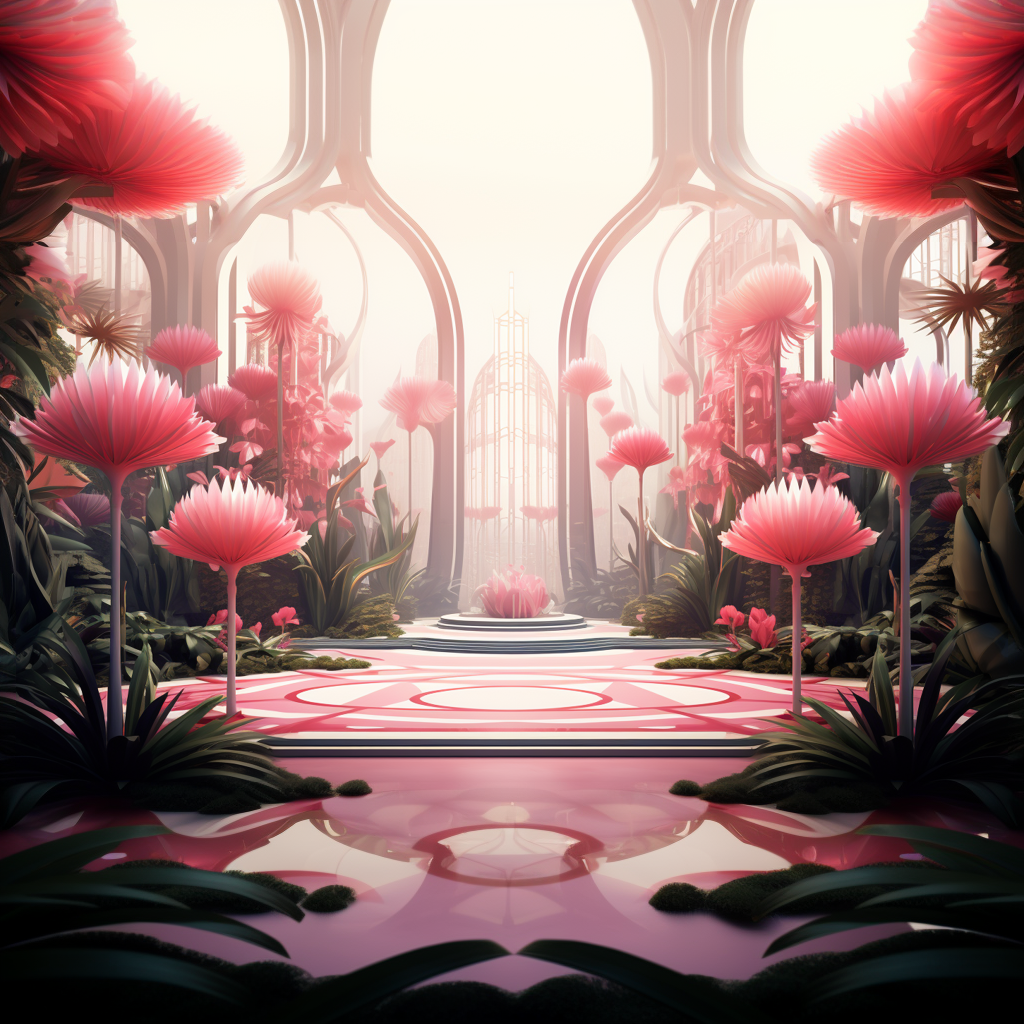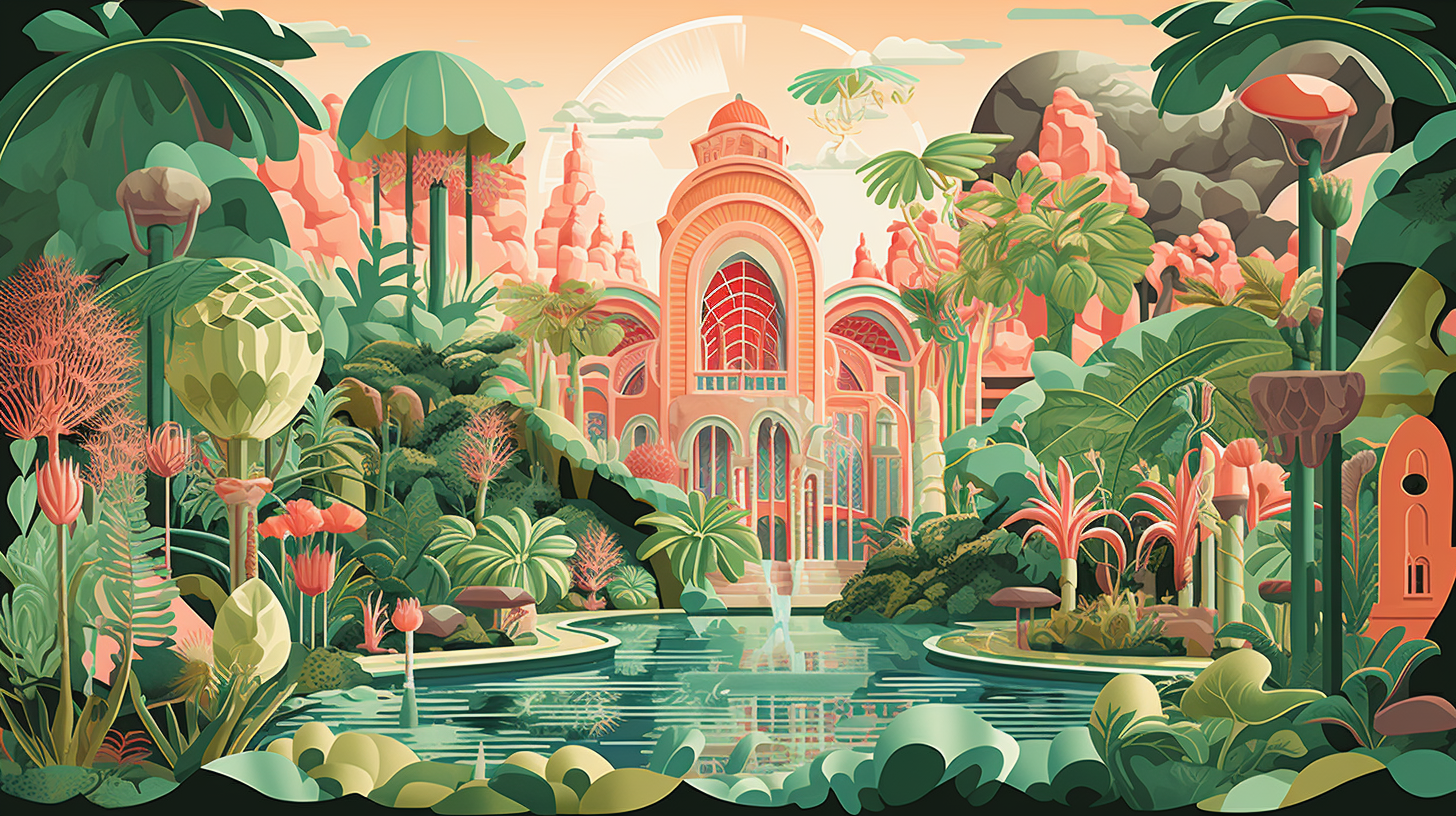Trusting Your Growth Process: Navigating Highs, Lows, and the Power of Intuition

|
A Personal Reflection on IntuitionIntuition is a skill I’ve had to cultivate, often by trial and error. For much of my life, I relied on logic, structure, and external validation. But life has a way of teaching you that not everything can be measured, planned, or controlled. I’ve realized that intuition isn’t about having all the answers. It’s about listening to yourself, finding balance, and trusting the process — even when it feels uncertain or uncomfortable. Life Is Like Planting a GardenThink of life like planting a garden. You choose your seeds, prepare the soil, and water it regularly. But once the seeds are planted, there’s nothing you can do to force them to grow faster. You can’t keep digging them up to check on their progress without disrupting their growth. Your job is to trust the process — nurture the garden consistently, provide it with what it needs, and then allow it to flourish in its own time. Similarly, in life, we need to make intentional choices, take thoughtful actions, and then let go of what we can’t control. Growth happens when we create the right conditions and trust ourselves and the process. Navigating the Ups and DownsLife isn’t meant to be lived in a constant state of action or high energy. Just as plants need sunlight (high energy) and rain or rest in the soil (low energy), we also need a balance of highs and lows. Highs are about action, creation, and productivity. These are your moments of big wins, forward momentum, and outward energy. Lows, on the other hand, are about rest, reflection, and nurturing. This is when you pause, recharge, and connect with yourself. Neither is better or worse — they complement each other. True growth requires both seasons of work and seasons of rest, just like a garden. Intuition vs. EgoOne of the biggest barriers to trusting your intuition is the ego. The ego wants control. It thrives on judgment, perfectionism, and the need to be right. Here’s an example: Think of a situation where someone’s actions upset you. Your ego likely wanted to react, to analyze or critique them, to defend yourself. But intuition asks different questions:
Instead of reacting impulsively, intuition invites you to pause, listen, and respond with grace and understanding. The Highs and Lows of EnergyOperating at high energy or high frequency all the time isn’t sustainable. It’s during the lower-frequency moments — when you’re quiet, reflective, or even vulnerable — that intuition becomes most accessible. It’s like letting the garden rest between planting and harvesting. In those quieter moments, you create space for clarity, insight, and connection. It’s where you recharge and prepare for the next phase of growth and action. Creating a Safe Space for GrowthWhether it’s in your relationships, work, or personal life, creating a safe space — both internally and externally — is essential for growth. Internally:
Externally:
Trusting the ProcessTrust is an essential component of intuition. Without trust, it’s easy to fall into cycles of doubt, second-guessing, and control. Here’s a thought experiment for you:
The difference is clear: Trust allows you to flow, while control keeps you stuck.
A Closing Reflection: Where Are You Now?This week, I invite you to reflect on these questions:
Remember: Life is a balance of highs and lows, action and stillness, creation and rest. When you embrace both, you allow yourself to move through life with greater ease, trust, and alignment. Wishing you clarity, balance, and trust in your own process, Esther For more info about Esther For Contact Esther@ujjayiinc.com Esther Levy Dresdner
|
Esther Levy
Mind & Body Programming | The Art of Preparation | Author of "Interior Design of the Body" | Self-Growth | Motherhood | Holistic Health.
